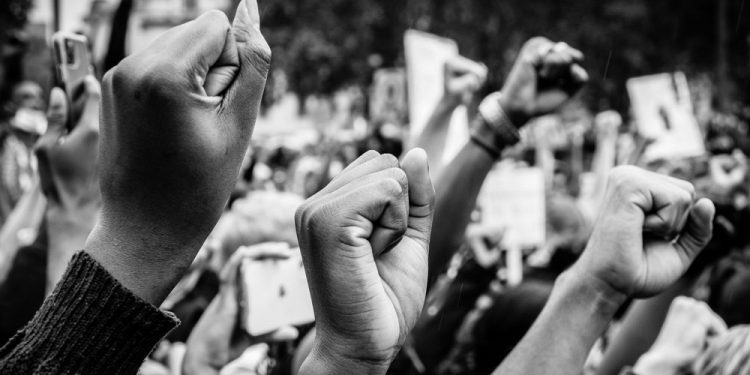
International Day Of Democracy
If there is one thing that history has taught us, it’s the fact that democracies can be fragile. If they are not nurtured and maintained by their citizens, then they can eventually fail. That’s why the United Nations General Assembly decided in 2007 to make September 15th the International Day of Democracy. This day was created to raise public awareness about the importance and fragility of democracy and to underline the point where democracy and human rights intersect.
The History of International Day of Democracy
In 2007, the UN passed a resolution that September 15th of each year would be known as the International Day of Democracy. However, discussions on the topics of democracies and their roles in human civilization go back much further. People have been talking about the role and importance of democracy since the Ancient Greeks. The United Nations works in a number of ways to raise awareness about democracy and to strengthen it around the world. They advocate for democratic societies across the globe, strengthen democratic institutions, and assist nations recovering from conflict to create their own constitution. They also help to monitor elections around the world. So, September 15th is a way for the UN to renew its commitment to democracy and to raise public awareness about its importance in the world and in history.
Interesting Facts About Democracy
During the course of researching International Day of Democracy, we came across some interesting facts about the subject of this holiday: democracy. Facts that we’re now going to share for everyone’s benefit. Hopefully, everyone reading this will find the following factoids as interesting as we did.
- The word “Democracy” comes from the Greek word for people, “Demos.”
- It’s believed that the first democratic forms of government began around 500 B.C.
- Two of the basic forms of democracy are direct and representative democracies.
- Direct democracy involves citizens having an active role in political decision-making.
- Representative democracy involves people voting for representatives to vote on their behalf.
- India is a parliamentary democratic republic. That makes it the world’s largest democracy.
- The United States is a constitutional federal republic that derives its power from the people. That makes it a democratic republic with elements of direct and representative democracy.
Observing International Day of Democracy
Unlike other holidays, International Day of Democracy is a day on which people are encouraged to do something proactive to observe it. This means that people can’t just throw a BBQ or give presents to people on this day. People are expected to get out there and actively work to promote democracy in their country, or if they already live in a democracy, then it means actively working to preserve the integrity of that country’s democratic institutions.
What can be done on this day? Well, people can host voter registration drives, encourage people to utilize absentee voting when available, and share information on how people can work at the polls on election day. People can also lobby their elected representatives to make voting more accessible to more of its citizens. After all, the easier it is for people to vote, the more people tend to actually come out to vote, and that’s good for democracy.








